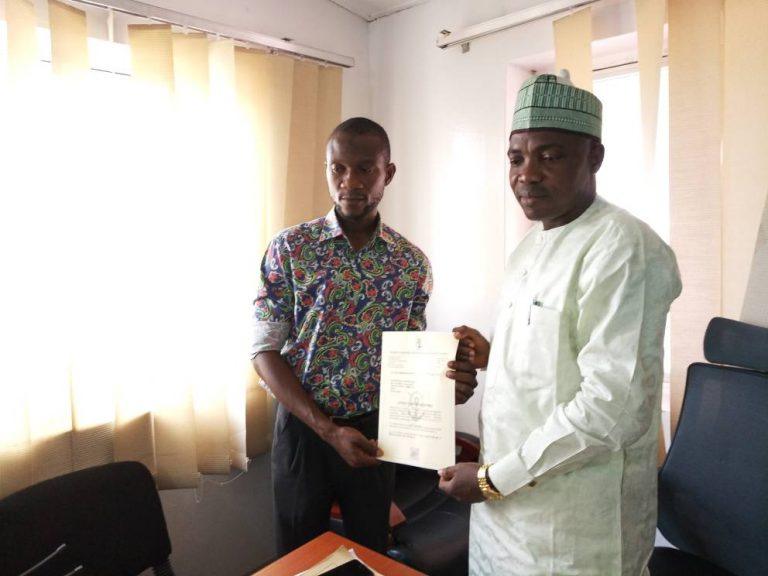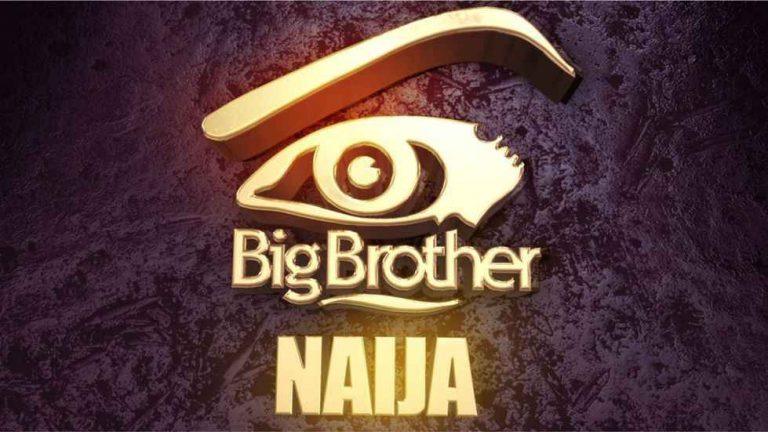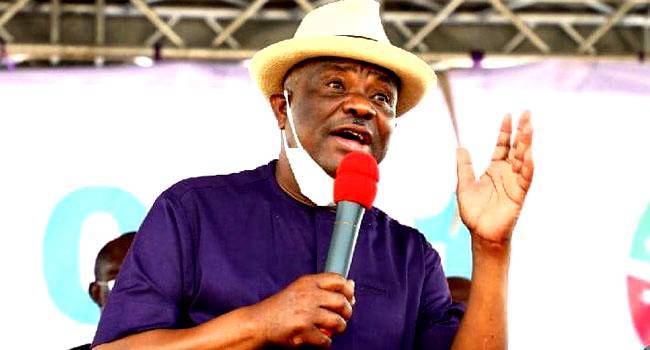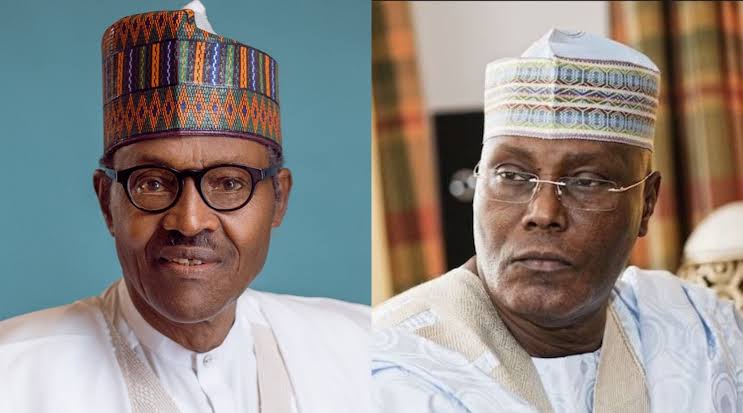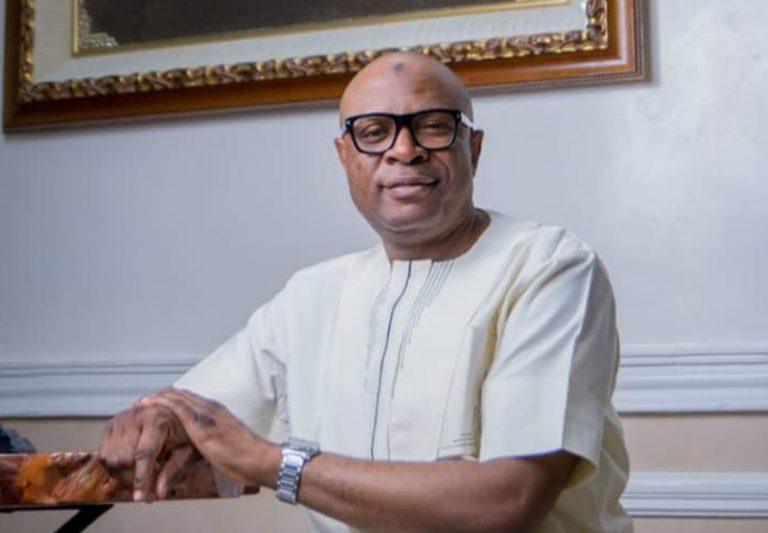Workers’ screening: Much ado about House of Assembly’s involvement
By: Ibrahim Sheriff .A. (Gold)
Good governance for any society desirous of absolute developmental turnaround like Kwara State requires policy making that focuses on governing challenges, strategic choices, Tact and innovative approaches by the leadership at the top of government to address impediments to the much craved socioeconomic and infrastructural improvement.
Kwara’s growth trajectory is historically slow-witted like a snail across sectors, the welfare of our workforce is among the worst among comity of states, a causal effect of which is the uninspiring attitude to work and service delivery in our public parastatals. Of course, motivation have been found to be positively related to workforce performance.
Recently, #30,000 minimum wage topped discussion in the public space. As long as one would agree it is due, deserving and popular, we must not also shy away from the fact that the people’s commonwealth must work for them and they must get value for their resources used in servicing the state employees. That is besides the Governor’s concern over the ability of the 16 local government councils to pay based on the table agreed on by the negotiation team, which according to available records will require critical thinking, sacrifice and weeding out of saboteurs in the system.
Consequently, the State government decided to dust its wage bill, sanitize the system and free-up resources, not only to enable it achieve payment of the #30,000 minimum wage which it’s favorably disposed to, but to also create window for absorbing more unemploye hands into the state workforce, stimulate economic growth and infrastructural development. A task considered onerous and requires all hands in the polity to achieve.
While some well meaning Kwarans raised genuine and patriotic concern over the correctness of the members of the Kwara State House of Assembly’s involvement in the process, political dunderheads and unprogressive opposition elements also took swipe to malign the 9th Assembly, as they do at every given opportunity. Anyways, it normal for a caned child to weep.
It is however, imperative to state, with knowledge based facts, that the involvement of the Assembly members is not only correct, but novel and noble. Ask me why?
The Nigeria 1999 Constitution empowers the State legislators to make laws for the peace, order and good governance of the State and checkmate activities of the executives to ensure it is in conformity with laws made by it. In effect, they are empowered to legislate on a broad range of issues that if effectively utilized through quality legislation and diligent exercise of the legislative oversight functions, will translate into good governance. A legislator is to make law, represent the people and perform oversight functions among other responsibilities assigned by the constitution.
According to a publication by CISLAC in 2015, “a journey towards a sustainable democratic governance, must dutifully observe legislative-executive working relationship to: meet the need and satisfy the yearning of the people in terms of development and standards of living; institutionalize procedures for guaranteeing and protecting the rights of the citizens at all times within the constitutional framework; promote self-actualization and alleviate poverty and suffering of the people; recognise rights of the citizens to education, good health, uninterrupted electricity, water, sanitation, security, etc”.
Suffice to the above submission is the the reality that those schools with lack of, inadequate or ghost teachers is affecting constituents of these Honorable members, they are representing the people bearing the brunts of inefficient public service in our parastatals and they (legislators) owe it a duty, to effectively represent and advocate for their people to ensure they’re served right by the state apparatus (employees).
This is same legislatures that queried and lamented the bogus statistics of State’s workforce during the 2020 budget defense and had consistently advocated for cleansing of the State’s payroll. Being pragmatic in pursuit of their plights in the interest of the people they represent should be lauded.
The inquest is though expected and the response is simple. Danladi-led 9th Assembly is being painstakingly innovative in their representation of the people, taking it beyond mere furtive visitation of MDAs, with nothing to show for it at the end. Reports of few successful investigations died of starvation of political will to do what is right in public’s interest.
As the screening continues across the sixteen local government of Kwara State, one can confidently say that it is worth the while. It has been a rigorous, objective and uncompromising process which is exactly what the legislators direct involvement seeks to achieve.
While school principals and heads were required to lead teachers under them for their respective screening in the case of SUBEB and TSC staff, departmental and unit head led employees under them in the case of local government employees. The use of time-book aborted possibility of school principals/heads or HODs shielding truant employees, haven been warned sternly against, and acquainted with repercussions of doing so.
We have seen local government employees sitting home and drawing salaries for six-months and above, we have seen schools with single teacher, we discovered ‘O’ level holder on level 10 salary scale and a Bachelors degree holder on level 2 salary scale. What injustice can be greater than these, if the legislature as people’s advocate can’t front for justice for Kwarans, who will? Do they leave the screening at the mercy of civil servants with high probability of espirit de corps coming to play or leave a consultant to determine our fate in this direction?
By this development, the collaborative efforts will equip the different arms of Kwara State government with first class information (gathered from the screening), they know better and will avail consultants data to work with, not the other way round, thus, eliminating possibility of compromise and ensuring higher level of reliability at the end.
We cannot continue doing same thing and expect a varying outcome. It is time we embrace innovative governance and representation if a paradigm shift from the old order is all we desire.

Sheriff is the Special Assistant on Media to the Hon. Speaker, Kwara State House of Assembly.

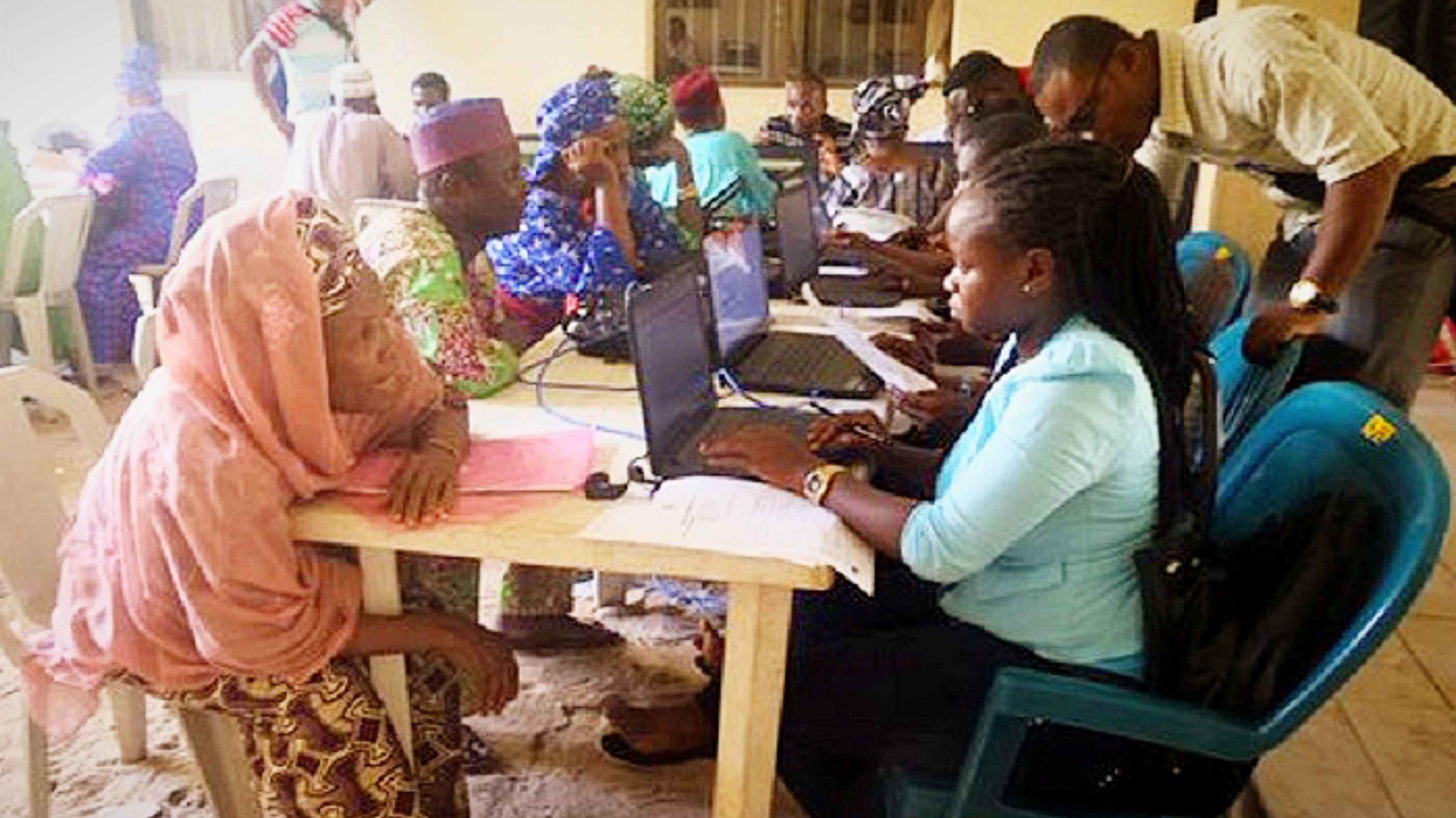
![[FUMIGATION]: Kwara govt should spread messages and not chemicals to our streets](https://theinformant247.com/wp-content/uploads/2020/05/Kwara-State-News-The-Informant24720200508_145619.jpg)
